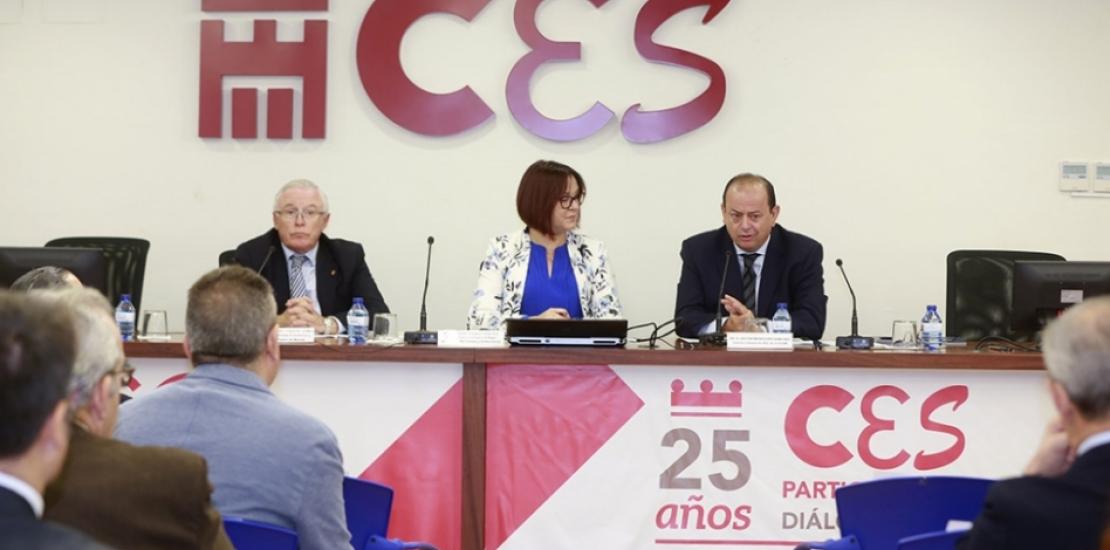The regional administrations should use public procurement to make social and environmental policies
This is one of the conclusions of the report on socially responsible public procurement presented this morning at the Economic and Social Council of the Region of Murcia led by Víctor Meseguer, director of the International Chair of Corporate Social Responsibility of the UCAM, and in which teachers from the Catholic University and from the public universities of Murcia and Alicante, as well as experts in political sciences and anthropology, participated.
“The Region is at an embryonic stage regarding the use of procurement to make social and environmental policy”. The overall picture that emerges from the analysis carried out is that we are at a very early stage of development in this area. There are many bodies who have little experience or have not dealt with the incorporation of environmental and social clauses. It highlights the need for greater knowledge and application of this kind of clauses in public procurement by the regional administrations.
Among the conclusions, it should be noted that the Spanish public procurement law (Ley de Contratos del Sector Público) allows to establish social and environmental requirements so that public procurement may lead to additional improvements in this matter. Hiring people with disabilities or long-term unemployed can be added as clauses in contracts. Also the use of energetically-efficient machinery and environmentally-friendly vehicles.
Based on real interviews and experiences.
The document was based on in-depth interviews with thirty key informers in the Region of Murcia from social and environmental organisations, trade unions, business organisations and public procurement technicians. The experiences of ten city councils and three regional ministries in the Autonomous Community of the Region of Murcia were also analysed following a request made to all public bodies in the Region.
The opinion of entrepreneurs: agreement, but without altering competition
On the other hand, the perceptions of entrepreneurs and representatives of their organisations share the view that public tendering is a positive tool, but the concern is expressed that this type of clause represents a disadvantage for the small and medium-sized enterprises, given that its design does not always take into account their size with regard to the scope of the contract to be executed.
Teachers from three universities under the direction of the UCAM.
The study was carried out by Irene Bajo García, Alejandra Selma Penalva and José Luís Durán Sánchez, teachers from the public universities of Alicante and Murcia, and the UCAM respectively, as well as the political scientist Javier Sierra Rodríguez, the lawyer Fernando López Alonso and the anthropologist Gabriel López Martínez.




